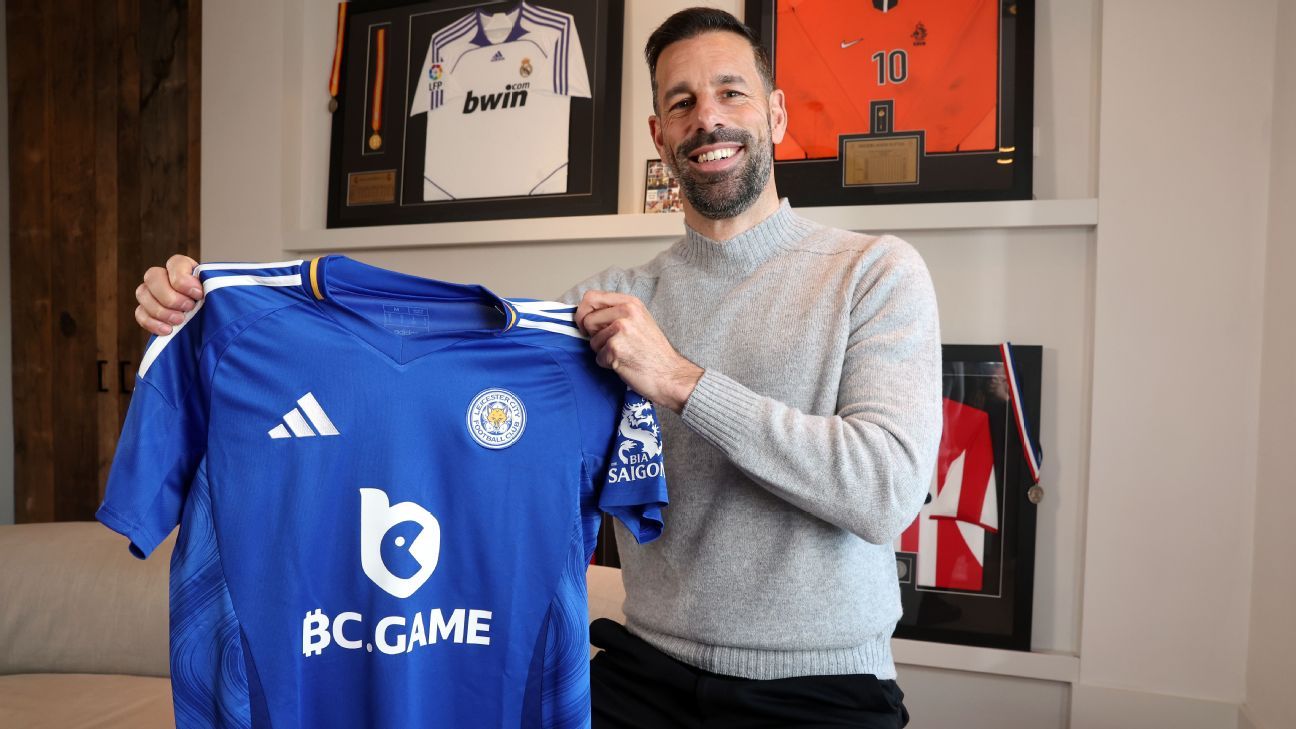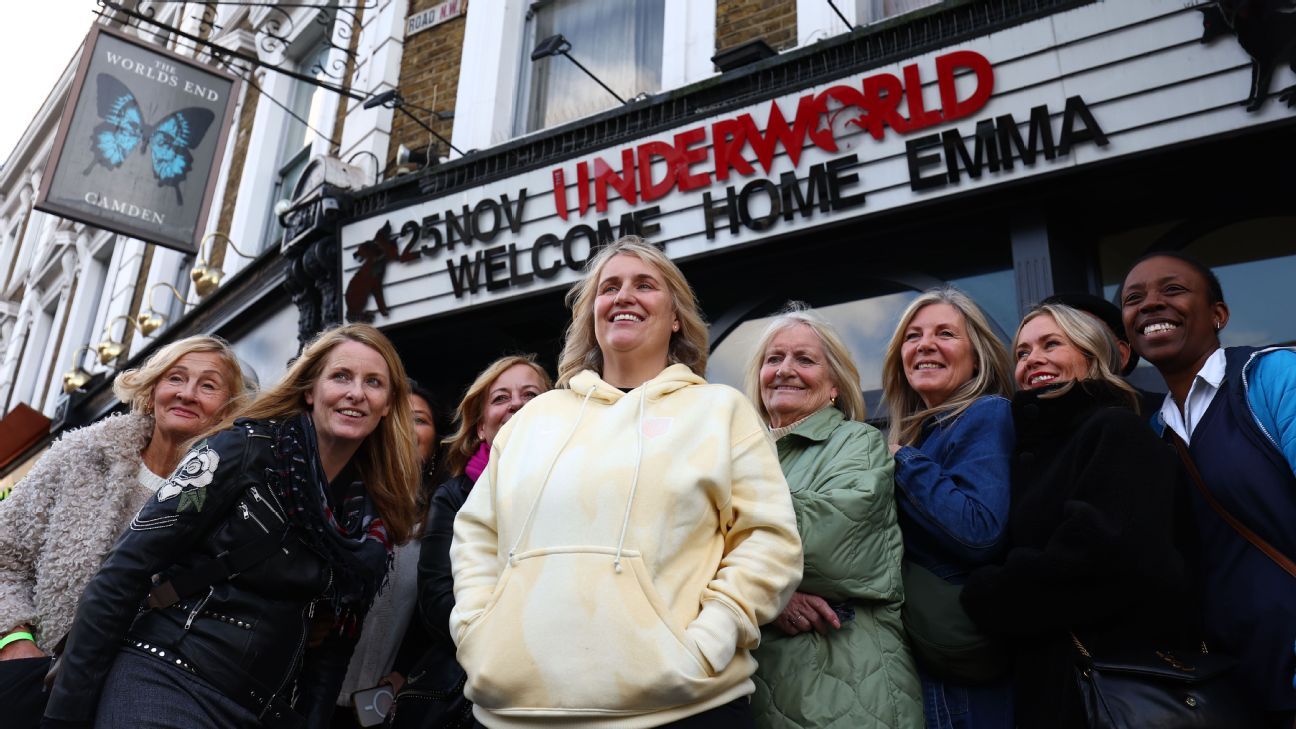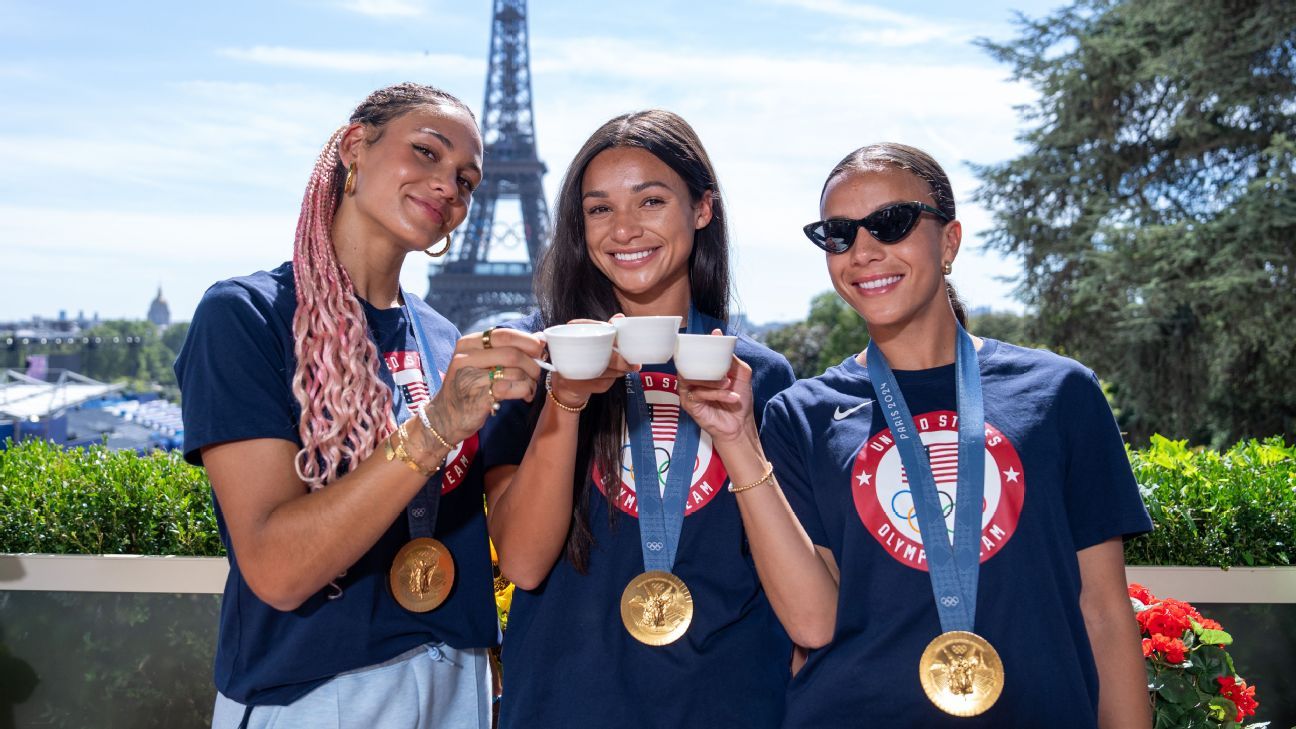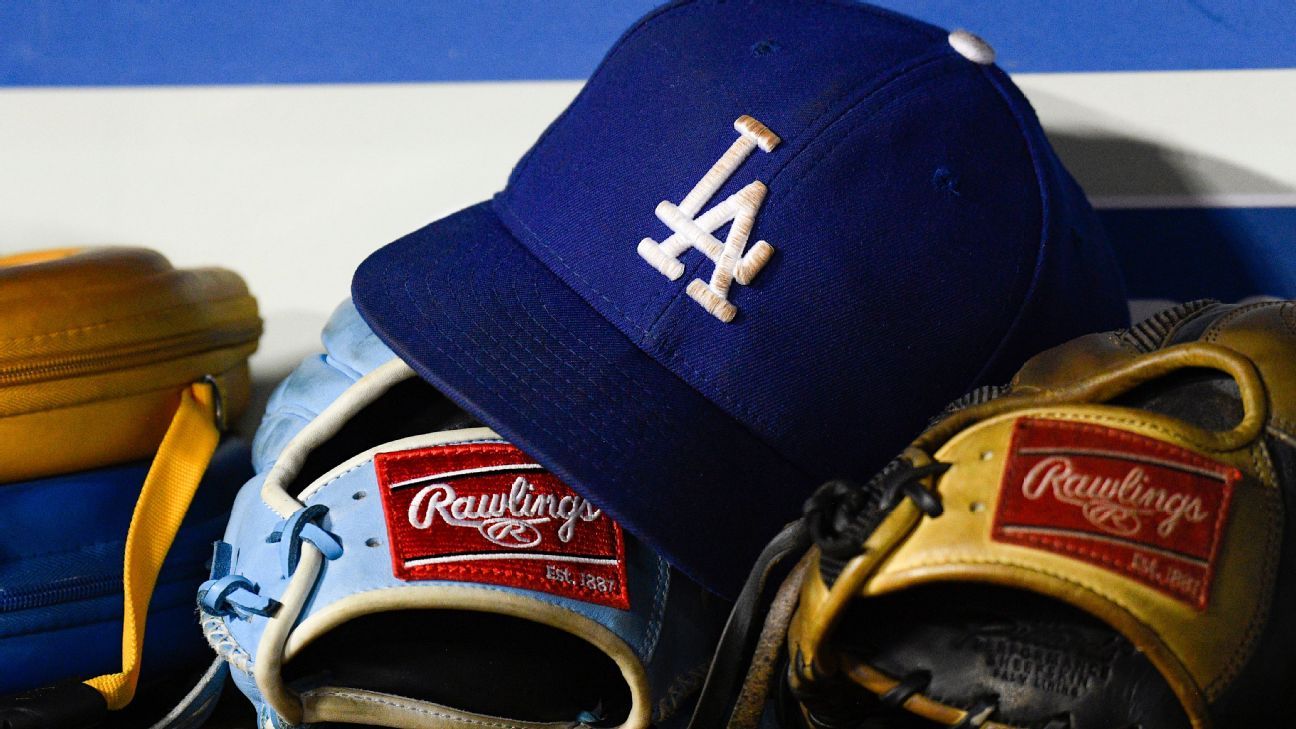
THE FIRST TIME someone called me the N-word on a basketball court was in seventh grade. I remember dribbling the ball on the wing in front of the visitors bench. This girl, whose name I never knew, said I was a "stupid n-----." I looked over my shoulder, still dribbling, at her coach, who either didn't hear it or didn't care. The girl continued to taunt me. What are you going to do about it?
What I did, the next quarter, was block her shot so hard that she fell and broke her wrist. I stepped over her like Allen Iverson over Tyronn Lue. My teammates glared at me as officials called the ambulance.
I have no regrets.
"You never let anyone call you that," my father said to me after the game. He gave me a fist bump.
I GREW UP in an area of the country where whiteness was common as corn. Though my home was a tiny town in Indiana (population: 1,300), just a few hours from Kenosha, Wisconsin, I was raised by the entire Great Lakes region of the Midwest. I made countless visits to my grandmother's house in La Crosse, Wisconsin; my family has vacationed in Hayward, Wisconsin, for 19 consecutive summers; I attended college in Minnesota and grad school in Ohio. I -- the queer biracial kid whose parents moved to my hometown when I was 18 months old to teach at a boarding school -- stuck out ... everywhere. And my peers made sure I knew it. I was called "darkie" starting in first grade, bullied by older kids, and that moment in seventh grade basketball wasn't the first time I'd heard the N-word, just the first time I'd heard it while wearing a jersey.
Being Black in the United States means that race always matters. There isn't an option for me to just not feel it. It doesn't matter whether I'm in my hometown, spending time with my grandmother in Wisconsin or walking in my Hartford neighborhood. Being Black informs my interaction with everyone and everything, including sports.
Lots of people watch sports as an escape from the difficulties of our world, and admittedly these are trying times. Folks love to say that sports brings us all together, that we need them. What the Milwaukee Bucks players ignited Wednesday night was the fuse that blew to hell the rosy image of sports as refuge.
By refusing to play, NBA, WNBA and MLB players decided that no one should be able to escape the fundamental racist truths of our country. There would be no entertainment. No distraction. No justice; no peace.
The truth is that sports has only ever been an escape for some. Some fans, some players. Some of my most traumatic experiences when it comes to race have happened on a basketball court. I've never been able to escape being Black in this country.
I'VE BEEN IN the car with both of my parents when they've been pulled over. It was a fundamentally different experience depending on who was driving. There was a week in middle school when my dad, who is Black, got pulled over twice. He wasn't speeding either time. I remember being struck by how he responded.
My dad is a big, gregarious guy. I used to wrap my hands around his biceps and make him flex. There was no give anywhere on his arms. He shaved his head for the first time after he lost a bet when I was 3 and never let his hair grow back. In the summers, he likes to wear tank tops and cheap, dark shades.
As soon as he saw the cherries swirl in the mirror, he pulled over. Both times, his response was the same: He immediately took his wallet out from his pocket and put it on the dashboard before resting both of his hands on the dashboard. "Don't say a word," he said, "and sit still."
Nothing happened to my dad either time, but I was scared. It was a tense moment; not at all what it felt like getting pulled over with my mom.
It was four or five years later, and we had been driving through the Wisconsin back roads because my mom wanted to stop at this plant nursery. We'd just visited colleges in Minnesota and spent some time with my grandmother in La Crosse -- a town on the shores of the Mississippi River that has a history as a sundown town, towns that historically were hostile to Black people as residents or after sunset. My mom, who is white, drove this little Toyota hatchback -- the same Yaris that would be my first car -- and there was no cruise control. She was totally speeding, and a police officer caught her.
She was chatty with the officer, who was kind. It was not tense. He gave my mom a warning because his daughter went to St. Olaf, my favorite of the schools we toured. Located in the small college town of Northfield, Minnesota, it's just 40 miles south of where Minneapolis police killed George Floyd. It's the place I would call home for four years.
I know that my stories when it comes to being Black aren't unique. Someone spray-painted the N-word on the gate of LeBron James' home in Brentwood, California, in 2017.
"It just goes to show that racism will always be a part of the world, a part of America," he said at the time. "And hate in America, especially for African Americans, is living every day."
Milwaukee Bucks guard Sterling Brown is suing the city of Milwaukee after a 2018 incident in which police officers used a Taser on him while he was awaiting a parking citation. Brown was never charged with a crime, and he rejected the city's offered settlement of $400,000.
After Toronto Raptors president Masai Ujiri was physically accosted by a courtside police officer following the Raptors' 2019 NBA championship win, body-cam footage of the altercation proved that Ujiri had not provoked the incident (as the police contended) but, in fact, had defended himself.
In 2015, after the NYPD fractured the tibia of NBA veteran Thabo Sefolosha as he stood on the sidewalk outside a nightclub, the police attempted to claim that Sefolosha was to blame; he later settled a lawsuit against the city for $4 million.
It's no wonder that after the killing of Trayvon Martin in 2012, members of the Miami Heat posted photos of themselves wearing hoodies. It's no wonder that after the deaths of Philando Castile and Alton Sterling in July 2016, the Minnesota Lynx sparked protests that rolled through the WNBA. When Colin Kaepernick took a knee on Aug. 26, 2016, WNBA players joined his protest that fall. Black athletes, particularly NBA and WNBA players, have been reciting the names of people we've lost in our communities; they've been doing the work. They've been telling us; they've been telling you.
And that is the point of the players' refusal to play. There is certainly an element of solidarity with Black people, but largely this isn't about us. I don't need LeBron or Nneka Ogwumike to tell me that racism is a problem in this country.
This is a message to white people who love sports, who love hip-hop and R&B and rock 'n' roll, who consume Black performance for entertainment but struggle to say that our lives matter.
ON AUG. 28, 1963 -- 57 years ago -- John Lewis stood on the steps of the Lincoln Memorial. At just 23 years old, the then-chair of the Student Nonviolent Coordinating Committee stepped up to the lectern in front of nearly a dozen microphones. "We are tired," he said. "We are tired of being beaten by policemen. We are tired of seeing our people locked up in jail over and over again. And then you holler, 'Be patient.' How long can we be patient? We want our freedom, and we want it now."
We've been fighting for our freedom and humanity since we forcibly arrived on these shores 400 years ago.
There are so many stories I could have told you. There was the time I went bowling with my family and looked over and saw a man with a swastika tattooed on his neck. There was the time in northern Wisconsin when I was walking down a sidewalk with my dad and my siblings and my dad pushed us into the road because a man wearing a KKK T-shirt was walking toward us. There was the time the KKK came into my hometown to hand out literature.
Black people have been mining our own pain in an effort to convince non-Black people that our stories are true, that our lives matter. We're tired, and it's long past time to address these problems. It was time for the ball to stop bouncing.
What are you going to do about it?















 Phone: (800) 737. 6040
Phone: (800) 737. 6040 Fax: (800) 825 5558
Fax: (800) 825 5558 Website:
Website:  Email:
Email: 






